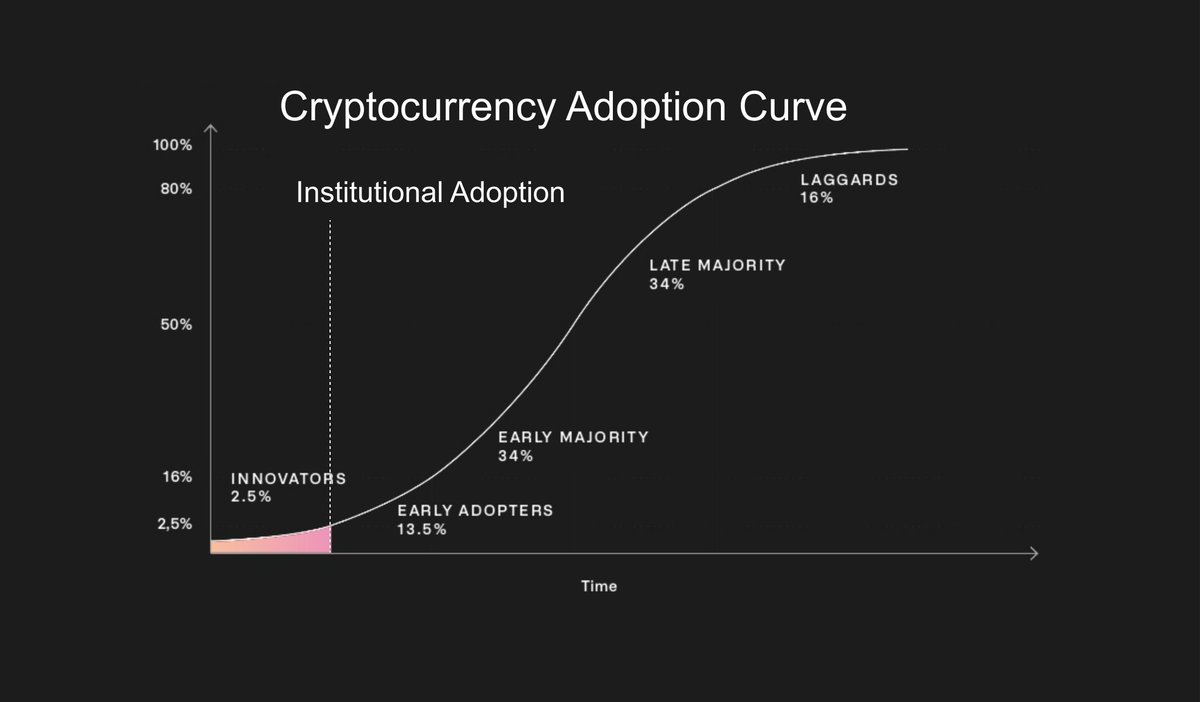Someone tosses a coin ten times; it comes up heads every time. What's the probability it comes up heads on the next toss? (Pretty darn high—part of @nntaleb's work is unprogramming you from your high-school rules of thumb.) Now consider the (related) Gambler's fallacy...
Very interesting thread. For more general cases (\U0001f447) I proposed skin in the game as \u201cwhat makes imitation work\u201d but didn\u2019t consider professional scammers incl. casinos
— Luca Dellanna (@DellAnnaLuca) January 18, 2021
Both scammers and casinos artificially inflate the crowd to provide an illusion of \u201cI can\u2019t be the only idiot.\u201d https://t.co/cMUrQpxc15
More from Simon DeDeo
Imagine for a moment the most obscurantist, jargon-filled, po-mo article the politically correct academy might produce. Pure SJW nonsense. Got it? Chances are you're imagining something like the infamous "Feminist Glaciology" article from a few years back.https://t.co/NRaWNREBvR pic.twitter.com/qtSFBYY80S
— Jeffrey Sachs (@JeffreyASachs) October 13, 2018
The article is, at heart, deeply weird, even essentialist. Here, for example, is the claim that proposing climate engineering is a "man" thing. Also a "man" thing: attempting to get distance from a topic, approaching it in a disinterested fashion.

Also a "man" thing—physical courage. (I guess, not quite: physical courage "co-constitutes" masculinist glaciology along with nationalism and colonialism.)

There's criticism of a New York Times article that talks about glaciology adventures, which makes a similar point.

At the heart of this chunk is the claim that glaciology excludes women because of a narrative of scientific objectivity and physical adventure. This is a strong claim! It's not enough to say, hey, sure, sounds good. Is it true?
More from Crypto
So what is exactly #ODAP and why this makes $QNT one of the most significant and, regarding #crypto mcap, undervalued projects?
Time for a THREAD⬇️

1/ODAP is the protocol for communication between gateways, primarily with an enterprise focus.
So banks, central banks etc. would run a gateway in Overledger Network and ODAP would be the protocol for gateways to communicate with each other in a secure and trustless manner. $QNT
Attending @ietf 109 to discuss our ODAP proposal with @MIT today. We\u2019re in the secdispatch session. They even have a virtual conference centre. #IETF109 https://t.co/2i9d5JxtR0 pic.twitter.com/osv2LCEUGx
— Gilbert Verdian (@gverdian) November 16, 2020
2/ #ODAP Interfaces are the open source connectors that will connect a gateway to #blockchains and any existing network / API. That is based on the standards from work done at ISO TC 307 which 57 countries are working towards.
$QNT CEO Gilbert Verdian is the founder of TC307.

3/We know from the submitted drafts via #IETF (the Internet Engineering Task Force) $QNT is working on #ODAP with:
✅@MIT
✅@intel
but, there’s more to the story as we found out from Gilbert that US Government, Juniper, payment and telecom companies are also there.

4/So how it all started with #ODAP?
Let’s go back to $QNT CEO Gilbert Verdian’s interview with Santiago Velez on #RealVision (October 14th) and try to put all the pieces of the puzzle together.
I’ll forward his words ⬇️
The #Blockchain Revolution and Economic Changes
— Real Vision (@RealVision) October 28, 2020
What kind of world does @gverdian envision? How will @quant_network change the existing structure to benefit us all?
Real Vision journalists examine @gverdian & @Santiag78758327 latest interview.https://t.co/dfDAjDFbF3





























